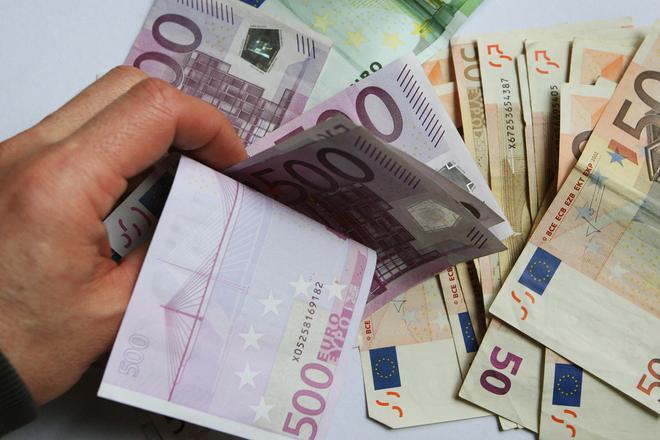The Slovak Banking Association opposes the plan of the Finance Ministry to change the special tax levy on banks.
The Finance Ministry proposes to change the current law on the bank levy in a way that doubles the special tax banks should pay in 2017. The revision is now under inter-departmental review.
The government imposed the special tax levy on banks to collect money for tackling a potential crisis in the banking sector. Banks have been paying it since 2012. The levy was designed to be a temporary measure and should end once banks have paid a total of €1 billion.
The payment scheme was proposed as degressive. Now the Finance Ministry proposes keeping the rate banks pay, i.e. 0.2 percent on corporate and private individuals’ deposits while it was scheduled to decrease to 0.1 percent as of 2017 as banks would have already contributed more than €750 million. The ministry also proposes to keep the levy until 2020.
The Finance Ministry cites as a reason for its proposal the need to increase the amount of money to be used for tackling a potential crisis.
“The aim of the draft revision is to secure that the banking sector contributes accordingly to financing of costs for solution of possible financial crises and in order that reliance upon taxpayers’ money is removed,” writes the ministry in its proposal.
The Slovak Banking Association (SBA) does not know of any new reasons that would justify the necessity for such a burden.
“The increase of the so-called bank levy represents a potential risk for the stability of the domestic banking sector, endangers the ability of banks to finance the growth of the economy and worsens the competitiveness of Slovak banks on the EU single market,” said Ladislav Unčovský, SBA executive director, as cited by the SITA newswire.



 (source: Sme)
(source: Sme)